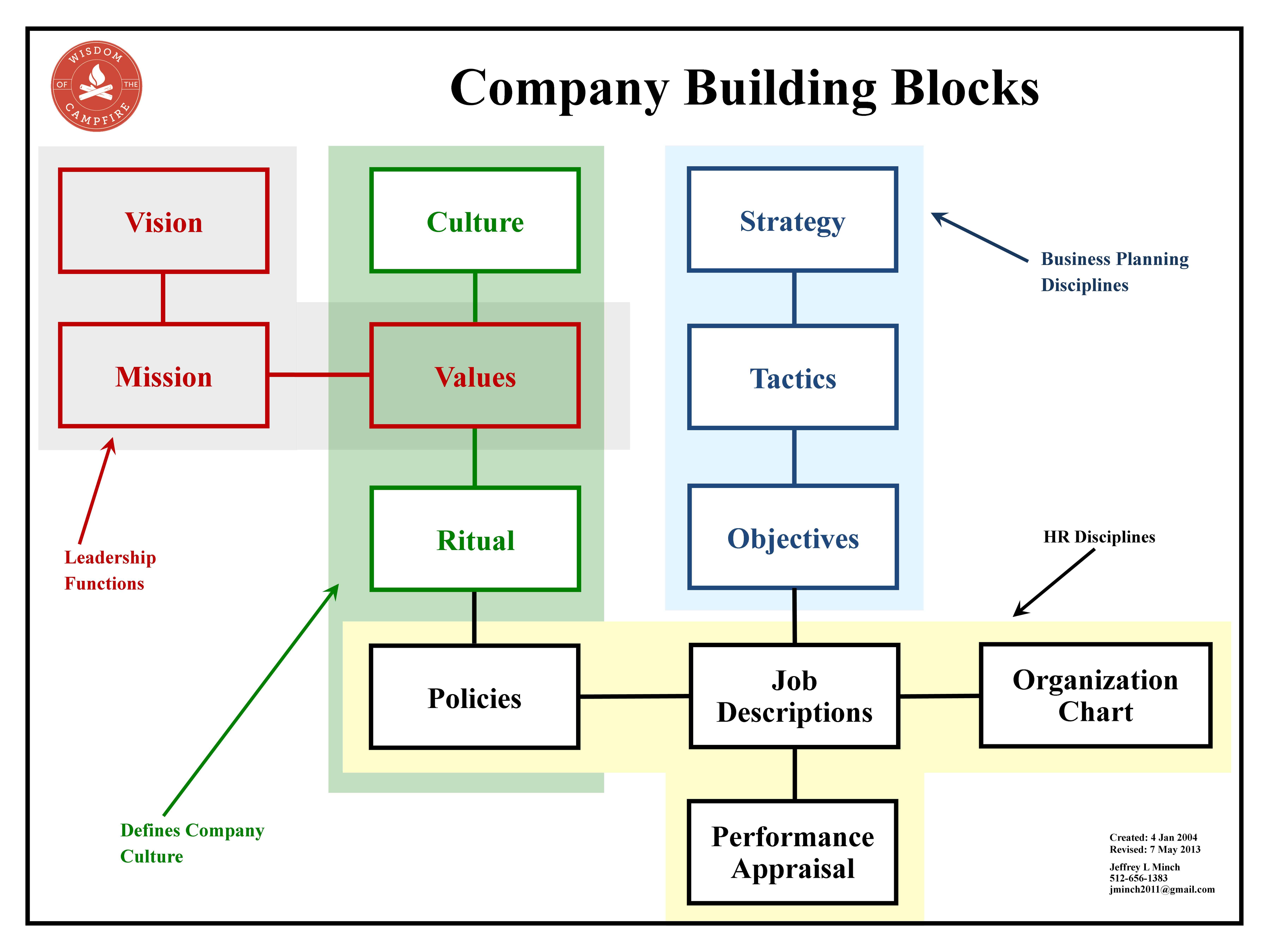I have been (after a 40-year business career) assisting a handful of ideators, incubators, and accelerators as a mentor and sitting on their investment committees and selection bodies for a decade.
I am often asked to sit in with the band more times than I can actually accommodate, but I try to keep a hand in the game. It is a wonderful learning experience and, honestly, I am amazed how often my knowledge can be a huge assist to a young entrepreneur (none of whom have ever read Drucker).
There is a lot of confusion as to the difference and purpose of each of these approaches to encouraging entrepreneurship.
Here is the way I view them:
Ideator. An ideator is where entrepreneurs go to create and test an investable idea. They consider and formulate an idea that is either:
1. an aspirin (an antidote to the world’s pain in some meaningful fashion) or,
2. a vitamin (an improvement in society’s health in some meaningful fashion).
The journey through the ideator ends when the entrepreneur can get knowledgeable folks to say, “Yeah, I can see that working.”
In evaluating the idea, the entrepreneur has to pick an industry, understand the size of the addressable market, have a sense of pricing, have a sense of the financial potential for the idea, and know what it takes to turn the idea into reality in a very broad stroke sort of way.
This is work that can be done at the beach or in the mountains, but not whilst skiing fast. It requires quiet reflection.
It is all about the quality of the idea and other real world startup considerations can just wait on the idea taking shape. If an entrepreneur entered with a wisp of an idea and exits with a firm idea for a product or service, then they have hit a good lick.
Do not be overly ambitious. The idea is the thing. Nothing more.
Incubator. An entrepreneur goes to an incubator to flesh out the idea. He/she takes a shallow dive into Vision, Mission, Strategy, Tactics, Objectives, Values, and Culture. While all of this is completely speculative at this instant in time, it is nonetheless taking on some form from the ether.
In an incubator, the entrepreneur will have access to subject matter expertise that will reveal the intricacies of each element of a successful company — founding, leadership, talent, technology, marketing, finance, and the practical realities of forming a company.
While this is a complex environment — the founding of companies — it is not rocket science and when you can access talent that has made the journey several times it is very efficient. It is always cheaper to rent experience than it is to buy or stumble through it.
An entrepreneur may consider themself to be a dullard as it relates to marketing, but in the right incubator, he/she may depart with a studly “go-to-market” strategy because of the available talent and expertise.
An incubator is a place to learn, incubate the idea, and begin to put structure around this crazy pipe dream of starting a company. A good incubator is a valuable addition to de-mystifying from whence do startup companies come?
Accelerator. An accelerator drives the entrepreneur toward a Minimum Viable Product and readies him/her for the gritty business of raising money to fund the development of an actual startup.
While the incubator allows a shallow dive into Vision, Mission, Strategy, Tactics, Objectives, Values, and Culture, the accelerator turns these into firm concepts — a much deeper dive — sufficient that a pitch deck can be readied based upon these foundational commitments.
In being accelerated, an entrepreneur will have a firm handle on Minimum Viable Product (may even have one), a plan to flesh out and scale the company, a Business Model Canvas, a Business Process Graphic, a Go-To-Market graphic, dollar weighted organizational charts that model growth, and lack only one real thing — the seed capital to launch with confidence.
All of this culminates in a pitch deck which tells the company story starting with the chapter headings. Pitching is an acquired and learned talent, not unlike hitting a smooth draw in the game of golf. Everybody can eventually learn how to hit that draw, but you have to learn and practice it.
Most accelerators end with a Deal Day at which companies pitch to investors in an assembly venue and ask for investment consideration.
I have seen a great number of companies and entrepreneurs emerge from an accelerator with a firm offer of funding and a clear path to the starting blocks as a “funded company.” I have mentored many such companies.
Most ideators, incubators, and accelerators are associated with a venture capitalist who is using the process to identify and fund good investable ideas. Some of these functions are being done by forward-looking schools also.
Keep your eye on Florida State’s Jim Moran College of Entrepreneurship. JMCE offers four specific masters programs. It is also the first public university in the United States with a college of entrepreneurship that stands as an independent entity amongst its other colleges.
I think that schools are progressively the place for entrepreneurs who are on a career path to follow the developmental pathway from ideator to incubator to accelerator.
Is is really all that organized, Big Red Car?
Well, no, dear reader, it isn’t. That is one of the reasons why I am thinking about the subject. I think it should be more organized than it is and I think it will pay enormous dividends if it is.
The sponsors of these entities — meaning ideators, incubators, accelerators — who are venture capitalists have an enormous opportunity to see deals, to watch entrepreneurs develop, to educate entrepreneurs in best practices, and to de-risk their own investment decisions.
I would also not argue the notion that there are many entities that are a mashup of all three concepts or, at the very least, a combo of an incubator and accelerator, but I think the future is to segregate them and to use them as individual building blocks and rites of passage.
Bottom line it, Big Red Car
Here are some parting thoughts:
1. This progression from ideator to incubator to accelerator is an organized approach to entrepreneurship and is already paying great dividends to those on the ground floor. It is far more efficient than wandering in the wilderness and is de-risking many investment opportunities as well as producing more investable ideas and entrepreneurs.
2. While I am suspect as to schools being good venture sponsors, they are a great place to learn and, thus, the notion of a Jim Moran College of Entrepreneurship strikes a resonant chord with me. It is truly a different discipline that just business school.
3. The thoughtful progression from idea to company allows an entrepreneur to move at his/her own pace.
4. The information conveyed in these entities can be of incredible value. I am reminded of elite military training I received in the Army. You learn real warfighting and survival skills while returning to your unit a far better leader than when you departed. This is the long term prospect for ideators, incubators, and accelerators.
If you are an entrepreneur and not in one of these entities, that does not mean you cannot think in the same programmed manner. Where are you and what is the next step?
But, hey, what the Hell do I really know anyway? I’m just a Big Red Car. Happy trails, y’all.

